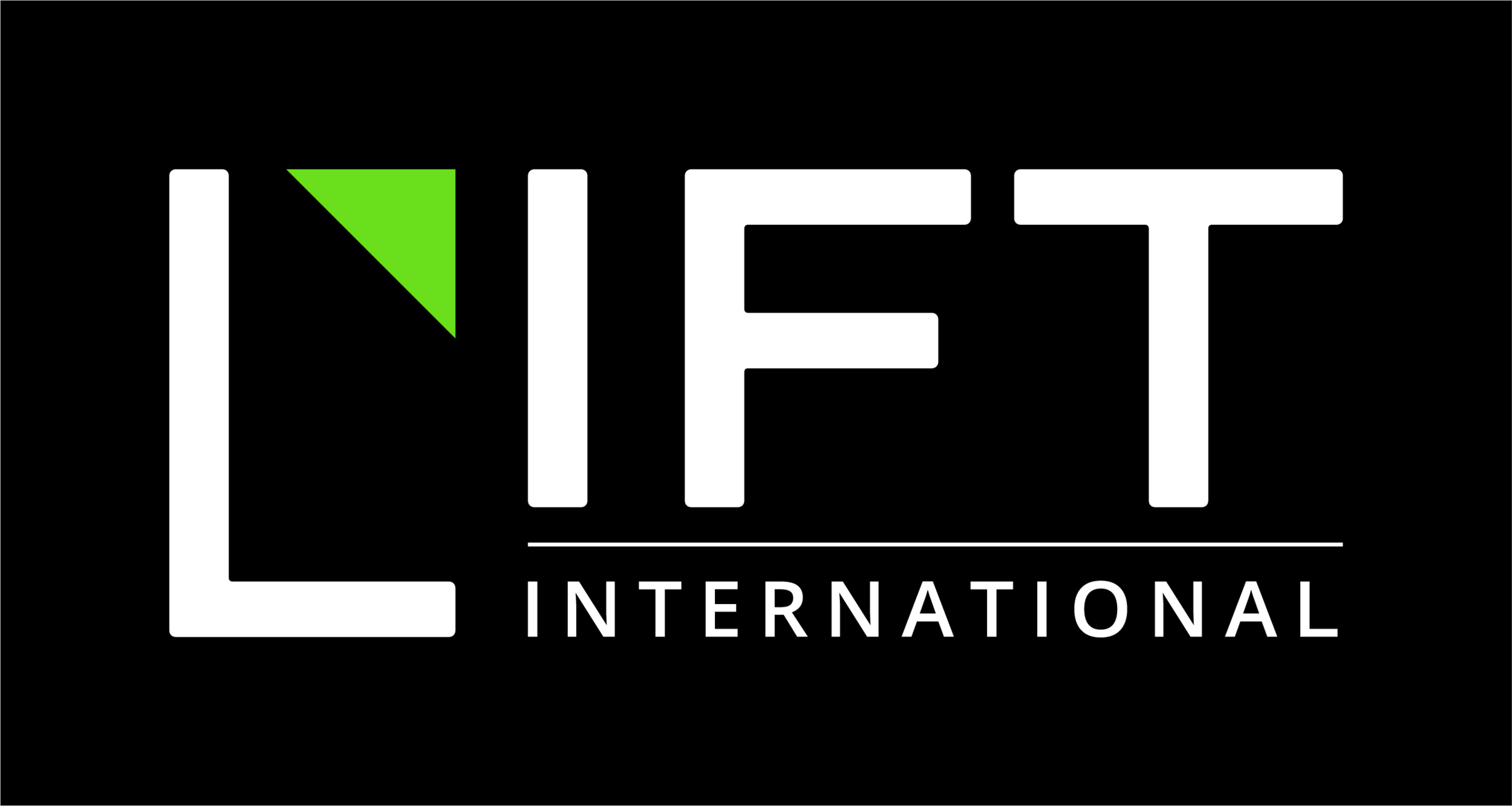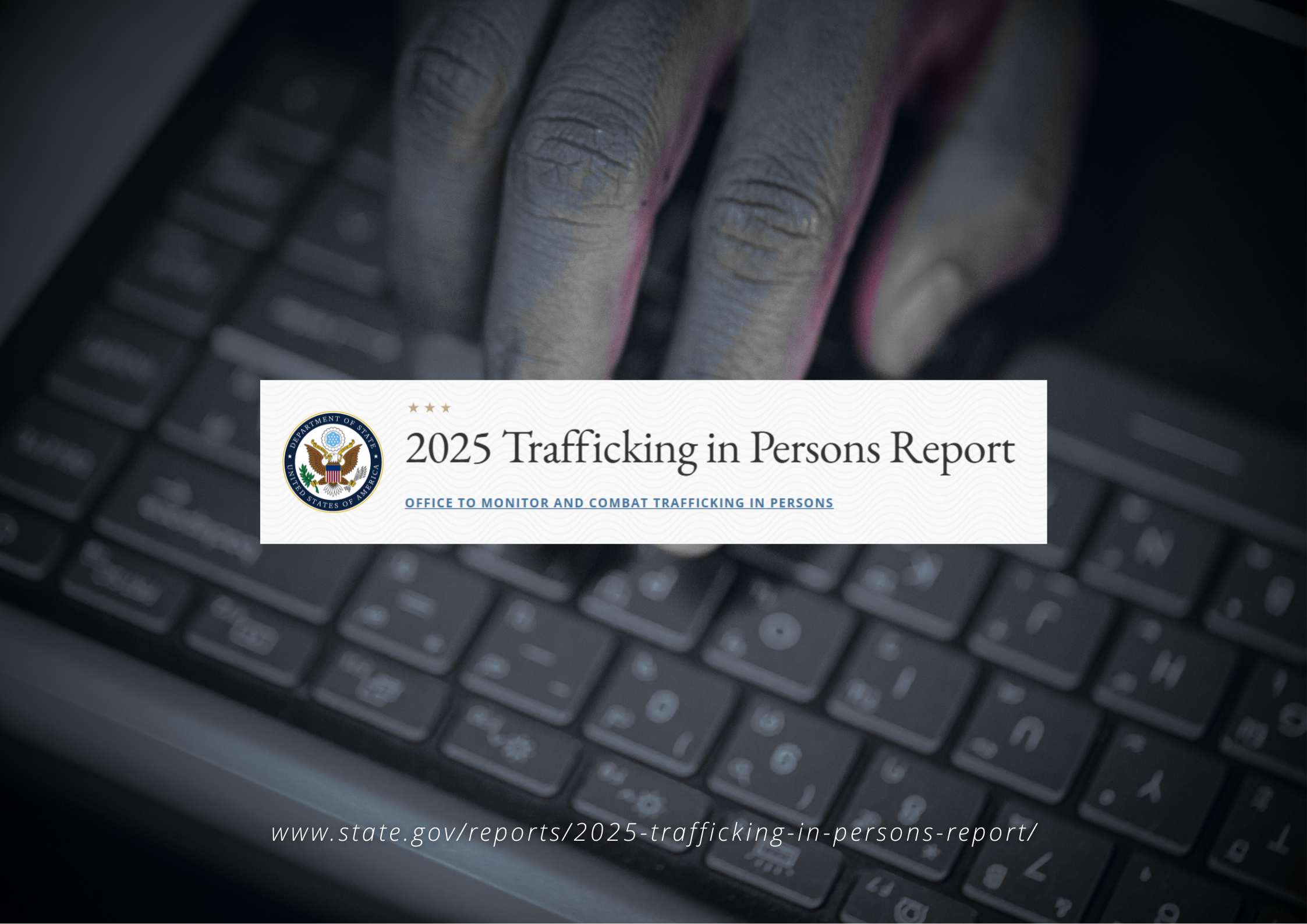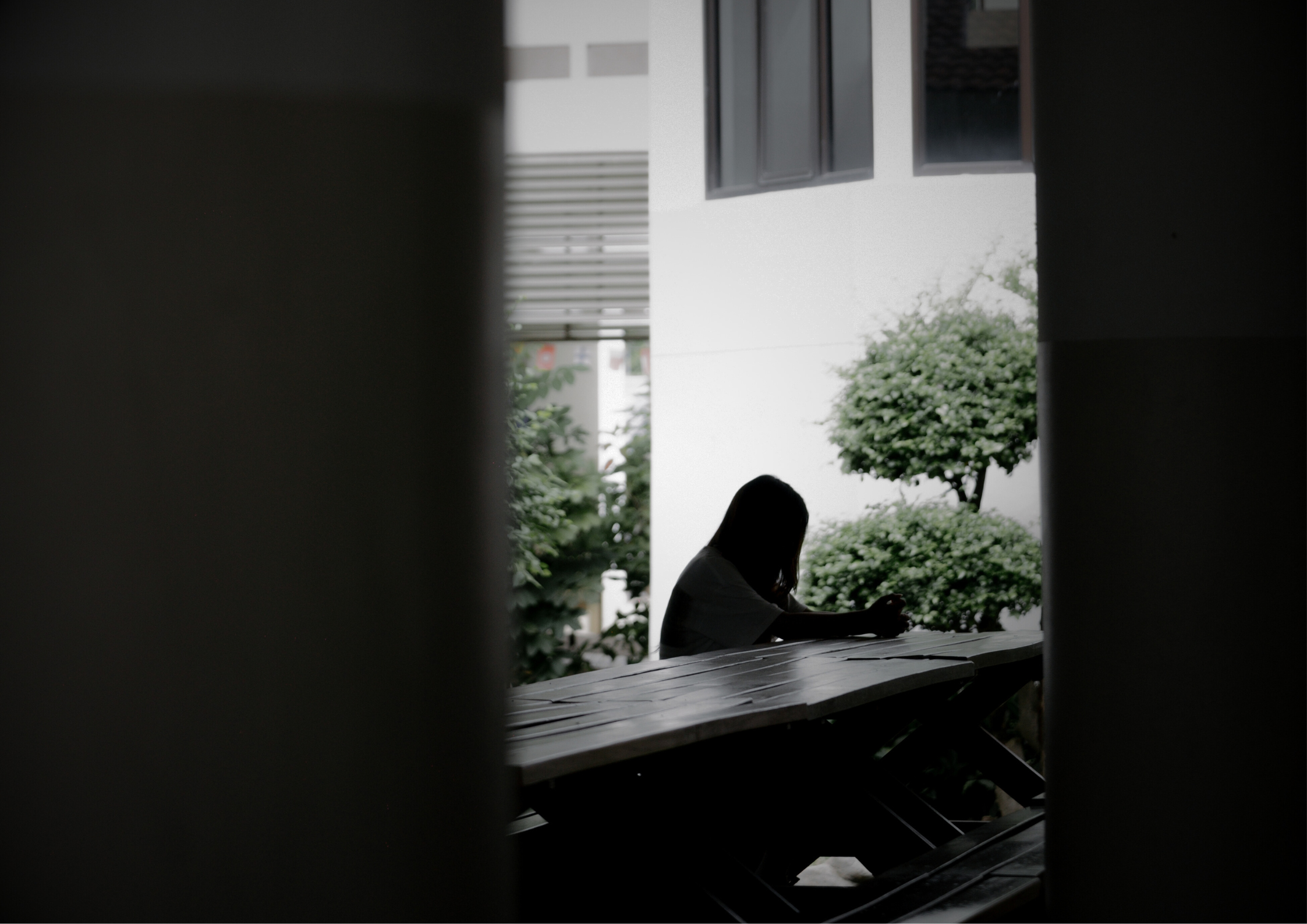2025 TIP Report : Beyond Tier and Responding on the Digital Frontline
The Global Picture: A New Digital Battlefield
The 2025 TIP Report highlights why the fight against trafficking must evolve. As the report’s introduction clearly states:
"Human trafficking is not a static crime. Traffickers are constantly adapting to world events, societal developments, and technological innovations."
— 2025 Trafficking in Persons Report, Introduction [1]
First, the report details the massive scale of Forced Criminality. This is a devastating form of trafficking where victims are lured with false promises of high-paying jobs, only to be trapped in compounds. They are then forced to commit crimes, such as running online “Romance Baiting” scams. [2]
Second, the report confirms that Technology and Artificial Intelligence (AI) are now primary weapons for traffickers. AI is used to create sophisticated, targeted recruitment messages. Technology is used to control, monitor, and extort victims. The digital world has given exploiters unprecedented reach and anonymity.
This is the new frontline. It is complex, digital, and growing fast. The United Nations Office on Drugs and Crime (UNODC) now estimates that hundreds of thousands of people are being trafficked and forced into these online criminal operations in Southeast Asia alone. [3]
Thailand's Tier 2 Report: Progress and a Clear Mandate
The report points to a primary challenge: Inconsistent Victim Identification. This is especially true for victims of new, complex crimes like forced criminality.
This gap is not about a lack of standards. It is about a lack of reach. We see a persistent gap in how resources—specialized knowledge, trained experts, and dedicated funding—are distributed from central agencies to local authorities. Without these tools on the ground, even the best standards cannot be applied consistently to aid trafficking victims.
The key recommendations are a reminder to take action against these threats. The report states a clear, urgent need: authorities must stop inappropriately penalizing victims when the facts indicate their unlawful acts were a direct result of being trafficked.
Grace* (pseudonym)
“I felt like I was re-victimized when the provincial taskforce concluded that my case didn’t meet the criteria for human trafficking—and I was even fined for crossing the border illegally.”
— Grace, a survivor LIFT assisted from a forced criminality scam operation in Cambodia
LIFT's Response: How We Meet the Moment
The 2025 TIP Report is not just data; it is a reflection of the practical work ahead and the very mission LIFT is committed to. Our response is not theoretical. It is active and measurable
LIFT Fights Forced Criminality
The report calls for better identification and non-penalization of victims in scam compounds—especially when facts show they were lured into forced criminality.
LIFT is on the frontline of this work. We are actively contributing our expertise and real-world experience to the United Nations High Commissioner for Human Rights (OHCHR) for their ongoing research into online scam operations and forced criminality in Southeast Asia. This is another critical, shared fight: ensuring the justice system sees the "coercion" victims face, not just their "actions."
Chutinate Arsakit, our social work leader shared her expertise in Psychosocial Assessment (PSA) Reports at the seminar, hosted by Homeland Security Investigations (HSI).
LIFT Strengthens Justice Systems
Responding to the report’s call for increased investigations and prosecutions, we believe justice must be measured by concrete outcomes. Since the beginning of 2025, our team has supported Thai law enforcement, contributing to 47 arrests and securing a landmark 41-year prison sentence in a case of technology-facilitated child sexual exploitation. LIFT’s work is focused on strengthening the system from within, training frontline officers from the Thai Police, Military, and our NGO partners.
LIFT Elevates Survivor Care
The report calls for improved, trauma-informed victim services. LIFT has established innovative practices in survivor-centered justice. Our social workers are pioneers in utilizing the Psychosocial Assessment (PSA) Report.
This tool is essential. It provides the court with a greater understanding from an expert psychological perspective, clearly identifying the impacts of a survivor's trauma. This approach supports survivors' voices, ensuring they are heard ethically and powerfully within the legal process.
This is how we empower survivors, building their hope for the victory to come.
As one survivor’s mother told our team, reflecting on the legal protection her family received: "LIFT's work turned tears of despair into tears of hope and made justice feel possible again."
LIFT Empowers Communities
In response to the report's call for increased prevention, LIFT was pleased to join our key government partner, the Mae Hong Son Provincial Social Development and Human Security Office (MSDHS), this quarter. Together, we trained 160 students and 20 teachers in the province, building their awareness and skills to protect themselves from online sexual exploitation.
The Path Forward
For LIFT, the Tier ranking holds a deeper meaning than a number. It reminds us of the 914 lives we have helped remove from harm since our mission began in 2011.
This year’s TIP Report confirms what we see every day: the battlefield has shifted. The fight is now for digital freedom, a fight that must be won by strengthening the justice system so it can finally hear the voices of those trapped in forced criminality.
LIFT International and our partners, as "Team Thailand," stand firm on this frontline. As we face new challenges, our commitment is to continuously develop our expertise.
We will keep fighting. For LIFT survivors. For LIFT standards. For LIFT justice.
Footnotes:
[1] Trafficking in Persons Report 2025, https://www.state.gov/reports/2025-trafficking-in-persons-report/
[2] INTERPOL. (2024), Words matter: changing the language of online fraud.
[3] OHCHR (2023), Hundreds of thousands trafficked to work as online scammers in SE Asia, says UN report.



